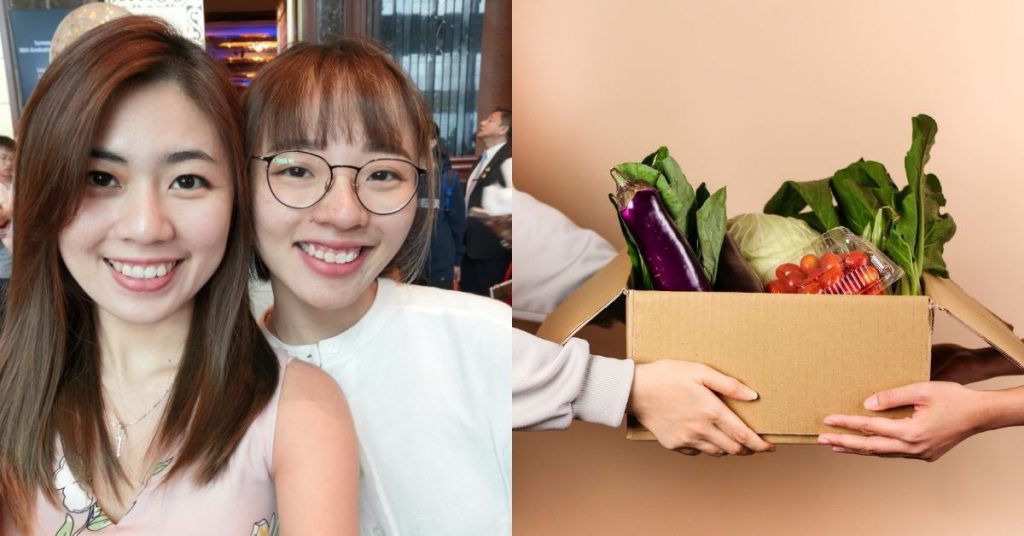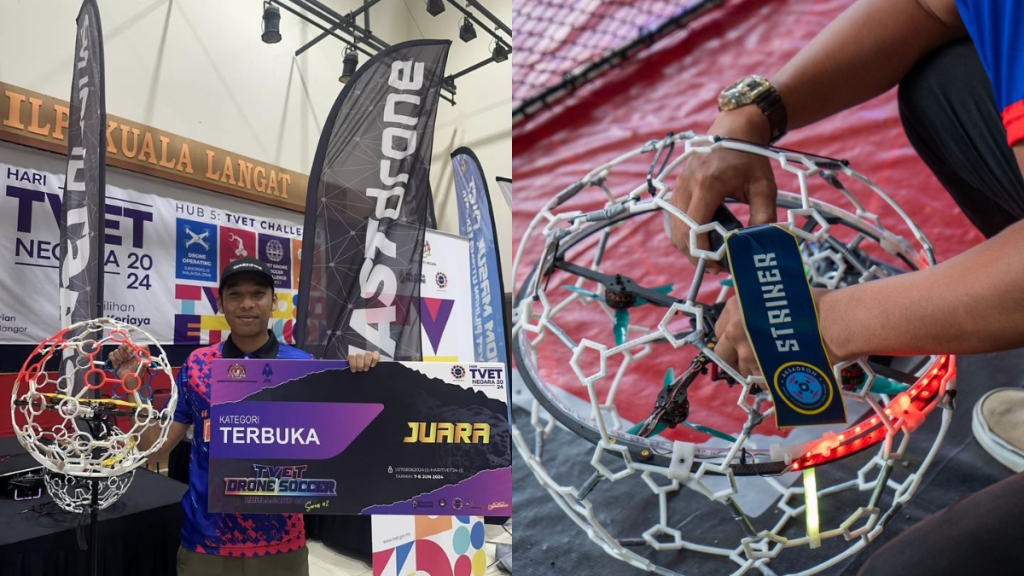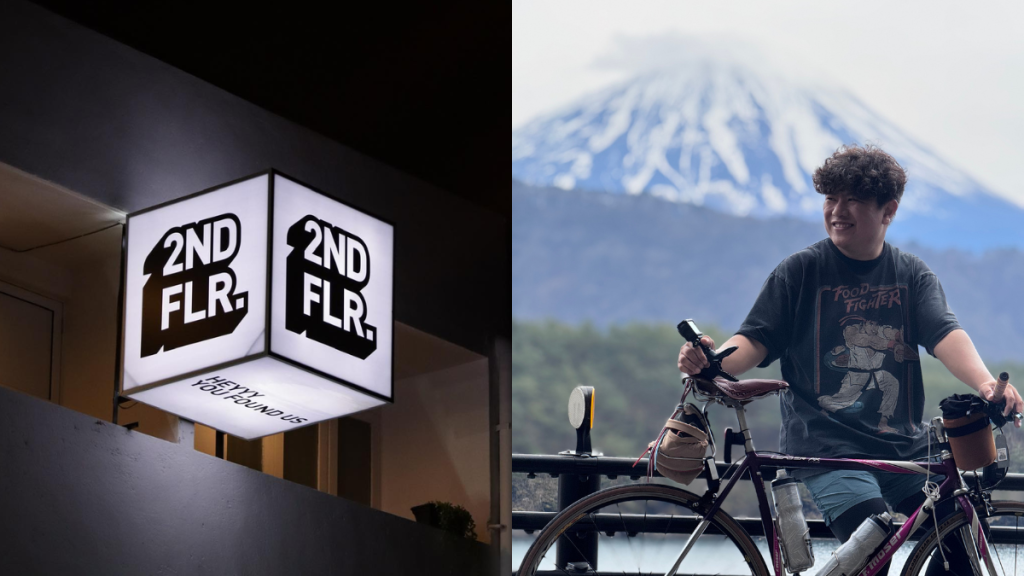Grocery delivery and subscription services were once viewed as a convenient luxury.
However, with the unexpected turn of events this year, these services are becoming more of a necessity to many.
While some may prefer big brands like Jaya Grocer and Happy Fresh, others may prefer brands like Nutribah and TM Farms that source directly from local farms.
The veggie delivery scene isn’t new in Malaysia, but has recently gained momentum due to the pandemic.
In the Klang Valley, we have a variety of veggie delivery options to choose from, like TM Farms, Cultiveat, Organic For U, Weeds & More, etc.
However, the only ones from those options that run on a subscription model are TM Farms and Organic For U.
That being said, not every veggie subscription box business meets success.
Brands like Little Green Planet and Go Green Organic are no longer around, which could point to how the market around veggie subscription boxes may be uncertain.
However, that doesn’t scare Evvie and her sister from venturing into this market.
“We believe that uncertainties lead to opportunities. All businesses start small and they all must overcome tons of challenges before the sun eventually shines on them,” said Evvie, one of the founders of Plant B.
Admittedly, however, the two of them also had a head start in the market with their father’s business prior to Plant B.
Firm Roots In The Biz
Growing up, Evvie’s father made a living through distributing vegetables from Cameron Highlands to North and East coast markets like Penang, Kuantan, and Kelantan.
The plot of land their family owns in Cameron is operated under a contract with the government.

Seeing the rise in the veggie subscription box demand, especially now, Evvie and her sister decided to tap into this market in the midst of CMCO 1, leveraging on their father’s business.
Plant B was created as a “Plan B” for people to shop for their veggies without having to risk exposure by shopping offline at grocery stores.
Currently, their farm in Cameron Highlands has 13 workers that monitor their produce daily, from seedlings all the way to being harvest-ready.
Some of Plant B’s vegetables are sourced from their own farm, whereas others are sourced from their farming neighbours in Cameron to expand their range of vegetables.
When an order has been made, these vegetables would be immediately harvested and transported all the way from Cameron a night before their delivery to PJ, where Evvie and her sister in a team of 4 are based.
They’d handle the packaging and delivery that would be going out to their customers the following day.

As of now, they’re still managing the deliveries on their own as it’s still a small, new business.
“We don’t mind working the extra mile and certainly would love to manage the experience and interaction customers have with our brand,” Evvie shared.
What’s In The Box?
Plant B has two subscription plans, a 2-week or 1-month subscription plan.
Currently, they’re charging their 2-week plan at RM86 and their 1-month plan at RM172, whereby you will receive a veggie box every week.

Each box will contain approximately 6 types of vegetables which will be picked by the team.
Customers will be informed about the contents of the box 1-2 days prior to receiving them so they can plan recipes and meals in advance.
Although they don’t provide other goods such as eggs or chicken, they are still relatively cheaper than TM Farms and Organic For U.
A fair price comparison would be the smallest size veggie bag from Organic For U without poultry or eggs, as TM Farms does not specify their weight and how many types of veggies are in their boxes.
If you look into Organic For U’s smallest size (one-time delivery), it contains 7 types of veggies with almost the same weight of each type of veggie as Plant B’s for RM50.
Comparing this to Plant B’s offering of a single size veggie box for a 2-week subscription at RM83, Plant B’s is still cheaper, even with 1 vegetable less.
You’d be paying around RM43 per box per week (even for the 1-month plan) based on an approximated delivery price, or RM37 per box excluding delivery.
From this comparison, Plant B definitely fares better pricing-wise.
Editor’s Note: Information in the above paragraphs have been edited to reflect greater factual accuracy.
New To The Veggie World
While Evvie and her sister have connections to their father’s farm to start this business, they didn’t exactly grow up well-versed with vegetables.

They initially had difficulties recognising and remembering some leafy vegetables’ names because they thought they all looked similar to each other.
“This was especially ridiculous and stressful because we were not trained to recognise vegetables by its appearance and color. What we did to overcome this: take pictures and ask our mama, search in Google, and learn from mistakes,” shared Evvie.
“We even told our customers the wrong vegetable name back then, how embarrassing!”
While they had connections with highland farmers thanks to their dad’s farm, their connections with lowland farmers still do not suffice, and they’re working on this.
They want to be part of the lowland farmers’ network to maintain their brand’s sourcing of vegetables from local farmers instead of the wholesale market.
Making Room For The Misfits
Any produce that appears imperfect doesn’t make it to the box, and they’ve accumulated them to the point that they ended up having a huge box of unwanted fresh produce.
“But we wouldn’t want to waste them, so we would still find ways to give them away, like selling them at a lower price to hawkers or donating them to the charity homes,” said Evvie.
However, their next big thing is launching the Misfit Project to reduce food waste, of which they plan to rescue “ugly” and rejected produce from grocery stores and give it away as they do now.
Their other plan to go green once they have a steady profit is to switch to biodegradable packaging or recycling bags that their customers can reuse for a long time.
And of course, they’d also like to own a cold storage facility to keep their vegetables in the future.
Featured Image Credit: Evvie Chia, co-founder of Plant B













